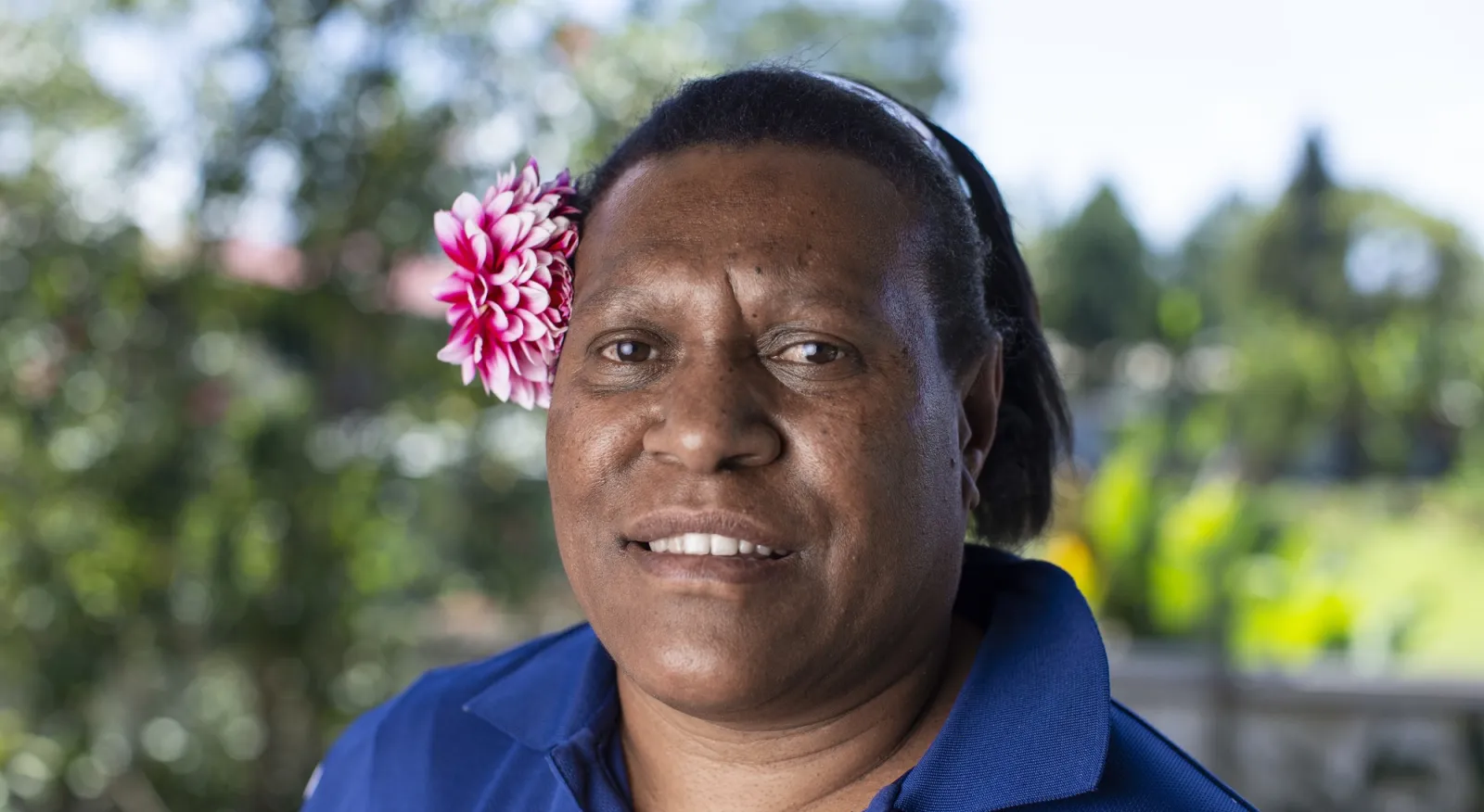More than 10 years of improving lives in Papua New Guinea
Meet the Papua New Guineans who have dedicated their lives to ensuring the most disadvantaged people in remote Papua New Guinea have access to healthcare and education.

In 2008, two Papua New Guinean university graduates started an organisation with the aim of saving the lives of women and children, and improving the health of people living in rural and disadvantaged communities.
More than 10 years on, that organisation, Touching The Untouchables (TTU) – founded by Esther Silas and Jesse Irie – has made a huge impact on the lives of women, children, and communities in Papua New Guinea’s Eastern Highlands Province.
Based in Goroka, capital of the Eastern Highlands Province, TTU has more than 420 people involved in running the organisation’s safe motherhood and water, sanitation and hygiene (WASH) projects: 36 are staff, and the remainder are volunteers, including village baby attendants and community health promoters.
Esther was inspired to help others living in rural communities because of the way she was raised.
‘Growing up, my family was isolated from the rest of the community. My parents were very strong on promoting good hygiene, by using what was available in the village,’ she says.
‘I wanted to show other communities that you don’t have to be educated or go to cities to transform your village – you can use what is available to you, to develop your own homes and communities.’
Esther and Jesse’s aim is to empower underprivileged people and help rural and disadvantaged communities be self-sufficient in health, hygiene, sanitation and education.
‘We have two programs at TTU,’ explains Esther. ‘One is our Safe Motherhood Program, looking at the health of women and children because of the high number of deaths in Papua New Guinea of women, especially through childbirth, and young children, because of malnutrition.
‘The other program is community health promotion, where we train and support community leaders to mobilise their communities to use local resources to develop their community.’
Over the last decade of operation, Esther has seen a huge improvement in the lives of the people TTU has supported.
‘I have seen that families now have more children who are educated. Through community education we have empowered parents, so they understand the importance of educating their children and having a healthy lifestyle.’
‘I have also seen less infection from preventable diseases in the community, and more mothers coming to deliver their babies at health facilities and seek medical care during their pregnancies.
Every year since 2013 TTU has had support from Australian volunteers. One of those was Des Symes, who first volunteered with TTU in 2016-17 as a Human Resources Mentor.
As well as supporting TTU office staff in human resources, Des was instrumental in helping develop TTU’s menstrual hygiene program. While volunteering at TTU, Des accompanied staff to evaluate the health and hygiene at schools in the province.
After speaking with students and teachers, it became clear to Esther and Des that many girls were not going to school because their families could not afford menstrual pads.
‘Des started the dialogue on how we could produce reusable pads for the school girls,’ says Esther. ‘We talked to UNICEF, and they agreed to fund the project. Des helped us design the program.’
‘With her support we were able to distribute 1,500 reusable pads to 10 schools between 2016 and 2017.’
Those 1,500 pads, sewn together by TTU staff, have lasted three years. Both the staff salaries and fabrics were funded by UNICEF.
‘What we have seen is an increase in girls confidently attending classes, which has contributed to their improved academic performance,’ says Esther.
Australian volunteers have also supported TTU with finance, advocacy and fundraising, monitoring and evaluation, and development of policies and procedures, including child protection policies.
‘We hold beautiful memories; the most significant memory is from 2017, when some Australian volunteers asked their friends and families to donate money to help sustain TTU for a few months when we had no funding and were on the edge of closing down,’ says Esther.
‘Because of the support we’ve had from Australian volunteers, we are now confident in everything we do.’
‘We envision TTU being able to explore, participate in and experience other aspects of community development in Papua New Guinea, and value our partnership with the Australian Volunteers Program, so we can continue to learn from the experience of Australian volunteers.’